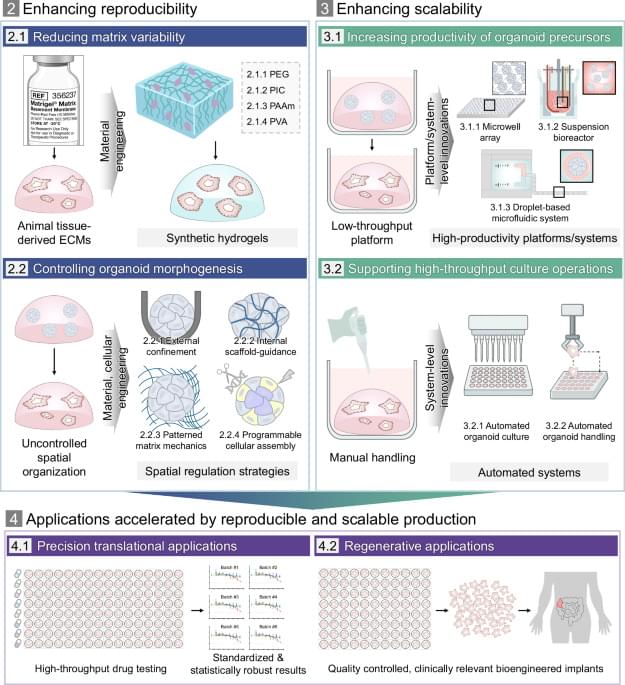Aging impairs the regenerative capacity of skeletal muscle in part through the functional decline of the resident stem cell population called satellite cells. With age, satellite cells exhibit a loss of quiescence, altered proliferation, and impaired differentiation, leading to incomplete myogenesis following injury. Mitochondria are central to stem cell function, providing ATP, regulating redox homeostasis, and integrating several signaling pathways during lineage progression. While mitochondrial remodeling and function is essential for supporting the metabolic demands of myogenesis, the extent to which these processes are altered in aged satellite cells across cell states remains unclear. To address this, we performed a comparative transcriptomic analysis of young and aged satellite cells in quiescent, proliferating, and early differentiating states using three publicly available microarray datasets. Our results reveal that aged satellite cells exhibit a dysregulated senescence profile, characterized by the simultaneous upregulation of both senescence-inducing and-inhibiting genes, suggestive of a metastable senescence state. These features persisted during early differentiation, where aged cells also displayed increased expression of senescence-associated secretory phenotype (SASP) components, potentially contributing to a pro-inflammatory niche. Mitochondrial gene expression was relatively stable in quiescent cells but showed marked remodeling upon activation, particularly in aged cells. While young satellite cells upregulated transcriptional programs related to mitochondrial function, aged cells exhibited broader and less coordinated responses enriched for stress, apoptotic, and metabolic pathways. Despite evidence of mitochondrial stress, mitophagy gene activation remained limited in aged cells, raising the possibility of impaired organelle quality control. Together, our findings highlight age-associated disruptions in both senescence and mitochondrial remodeling programs across the satellite cell lifecycle. These transcriptional changes likely underlie impaired regenerative responses in aging muscle and identify potential targets for rejuvenating muscle stem cell function.
Aging is accompanied by a progressive and multifactorial decline in the function of virtually all physiological systems, contributing to increased frailty, disease burden, and reduced regenerative capacity in older individuals (López-Otín et al., 2013; Dodig et al., 2019; Tenchov et al., 2023). While this decline reflects the combined effects of genomic instability, proteostatic stress, metabolic alterations, and chronic low-grade inflammation, a critical component of age-associated tissue deterioration is the loss of stem cell function (López-Otín et al., 2013; Dodig et al., 2019; Tenchov et al., 2023). Adult stem cell populations are essential for tissue maintenance and regeneration throughout life, replenishing differentiated cells during homeostasis and responding to injury with rapid expansion and lineage-specific differentiation (Hawke and Garry, 2001; Dumont et al., 2015b; Dumont et al., 2015a).






